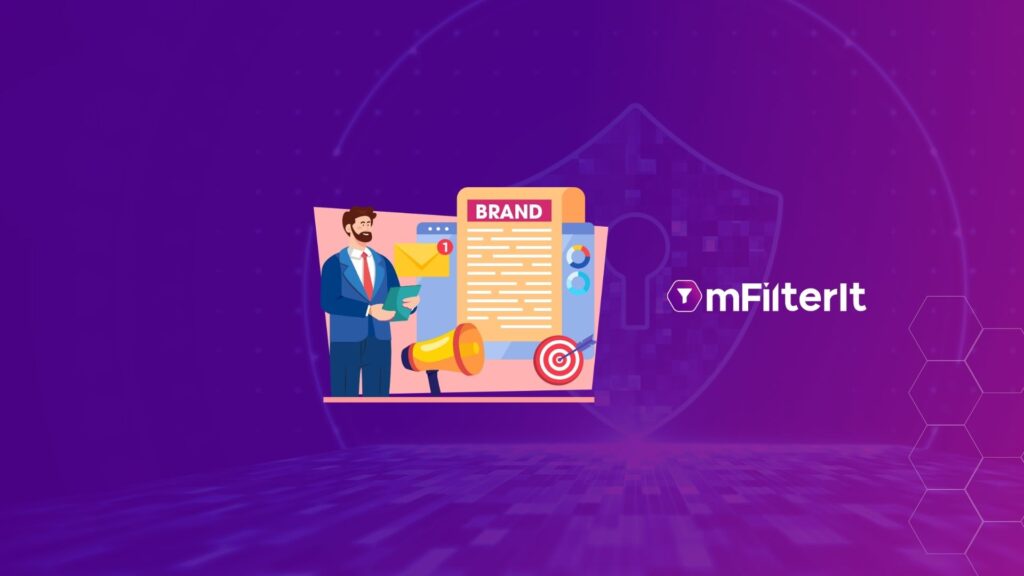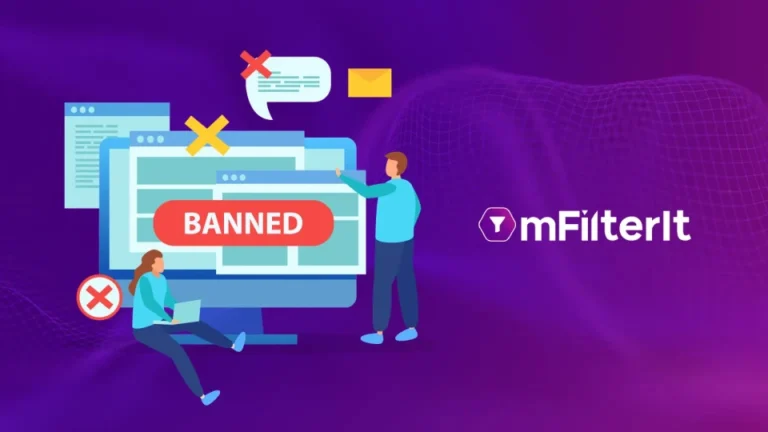A close eye on Brand Safety can help brands as well as celebrities to leverage associations more effectively.
Celebrities have their own lives. They have their own thought process, value systems, and opinions which at times could go against the positioning of a brand they are endorsing. Also, celebrities are high-interest people, and any action or posture they take, especially after the advent of social media, in all probability also makes the associated brands a party to a possible controversy.
Similarly, sometimes a brand gets into serious trouble and the celebrity also starts trending on social media for negative sentiment. In recent times we had two very widely talked about situations where brands and the celebrities endorsing them postured in opposite directions. One was when Sourav Ganguly had to undergo heart treatment while he endorses a particular variant of Fortune edible oil which talks about its positive impact on health, especially the heart of a person.
At the same time Akshay Kumar, not only features in ‘unlock’ campaigns of the government but also endorses Dabur Chyawanprash as an immunity booster where a specific campaign talks about the protection offered against COVID-19 by the chyawanprash by having 2 spoons of it daily, has also tested positive as per media reports of April 4th.
In both situations, the celebrities have fallen to medical conditions which the products they are endorsing claim to offer protection against. Similarly, some celebrities could be in the midst of any controversy making it difficult for the brands they endorse to manage the situation. They cannot disassociate themselves and at the same time, they don’t want to harm their brand reputation.
Close monitoring of Brand Safety over digital mediums can be an effective way of handling such situations where the damage control can be activated instantaneously helping a brand to minimize the impact. In such situations, the brands can quickly get a complete view of where such campaigns are appearing which they may want to put on hold for some time till the issue is resolved or goes off the radar of ‘digital miscreants’ who always keep on looking for such issues to start conversations and threads on social media, like Twitter.
Likewise, celebrities must understand the brand safety of any brand before they decide to go about endorsing it. There could be some aberrations that the celebrity can ignore, but if it finds that a brand is habitually putting its brand reputation at risk, the celebrity should choose not to endorse it. This will also add to the reputation of the celebrities who will not be seen as endorsing just for the fee they get.
Medical conditions can change at times for anyone including celebrities. At the same time, there are proven clinical reports for brands to make their claims which they do through ads in which celebrities humanize them. But we have to understand that most of the claims are not for 100% results. There is always an iota of opposite behavior expected in terms of effect and results. Also, the product that is being positioned for protecting against a medical condition never offers umbrella protection. It can at best protect from a few causes, while there could be still a few that may land a person, including the celebrity, in the same medical condition.
From a brand reputation management point of view, brands, as well as celebrities, need to have a real-time view of what each other is doing which could attract negative attention from audiences on digital platforms like social media. Both must have mechanisms in place to monitor each other and pause the association in the interest of long-term association with each other as part of any potential crisis management.
Brand Safety solutions can give this real-time intelligence to brands, agencies managing them as well and celebrities to derive maximum out of the association and create a complimenting synergy between the brand and the celebrity.



